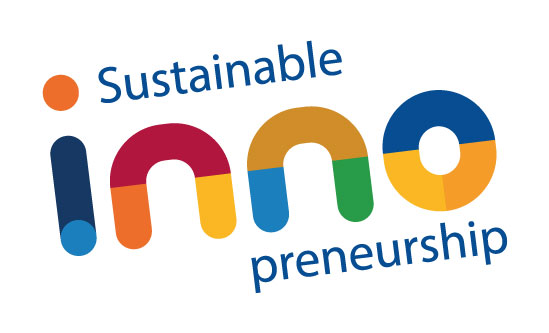Winter Semester 24/25
Innopreneurship Challenge
- Lecturer:
- Prof. Dr. Hannes Rothe
- Annemarie Bloch
- Term:
- Winter Semester 2024/2025
- Language:
- German
Description:
The course evolves around the notion of sustainable futures in which economic growth and prosperity have to be balanced with environmental and social sustainability. For this, students will work in teams on a concrete challenge of sustainable transformation. In the course, the importance, and the requirement of sustainability for economic activity are elaborated. Through the examination of case studies students learn that acting sustainably within a corporate or otherwise institutional context. They will face a complex problem that needs to be understood and faced with practical solutions. Solving such challenges involves the consideration of many different stakeholders and requires an entrepreneurial attitude characterized by a pioneering spirit and the ability and willingness to innovate.
By engaging with the case studies the students are enabled to develop innovative approaches to corporate problem solving by acquiring entrepreneurial heuristics, methods and applying design thinking methods based on their prior interdisciplinary knowledge.
Representatives from academia and practice complement the learning process with diverse perspectives to both the problem and solution dimension of sustainable management. Through this approach, a sound understanding of problem solving is built and the students are enabled to examine the usefulness and feasibility of the solution approaches developed.
Teaching Content
- outline the current state of socio-ecological transformation,
- describe dimensions of sustainability,
- outline economic causes of transformation,
- describe business models of organizations involved in the challenge,
- critically reflect ecological urgency and economic constraints of businesses involved in the challenge,
- suggest a strategic change to the business model that coincided with ecological and social necessities through means of Theory U and design thinking,
- entrepreneurial decision-making logic based on sustainability indicators and to name target categories of sustainable action in the entrepreneurial context

